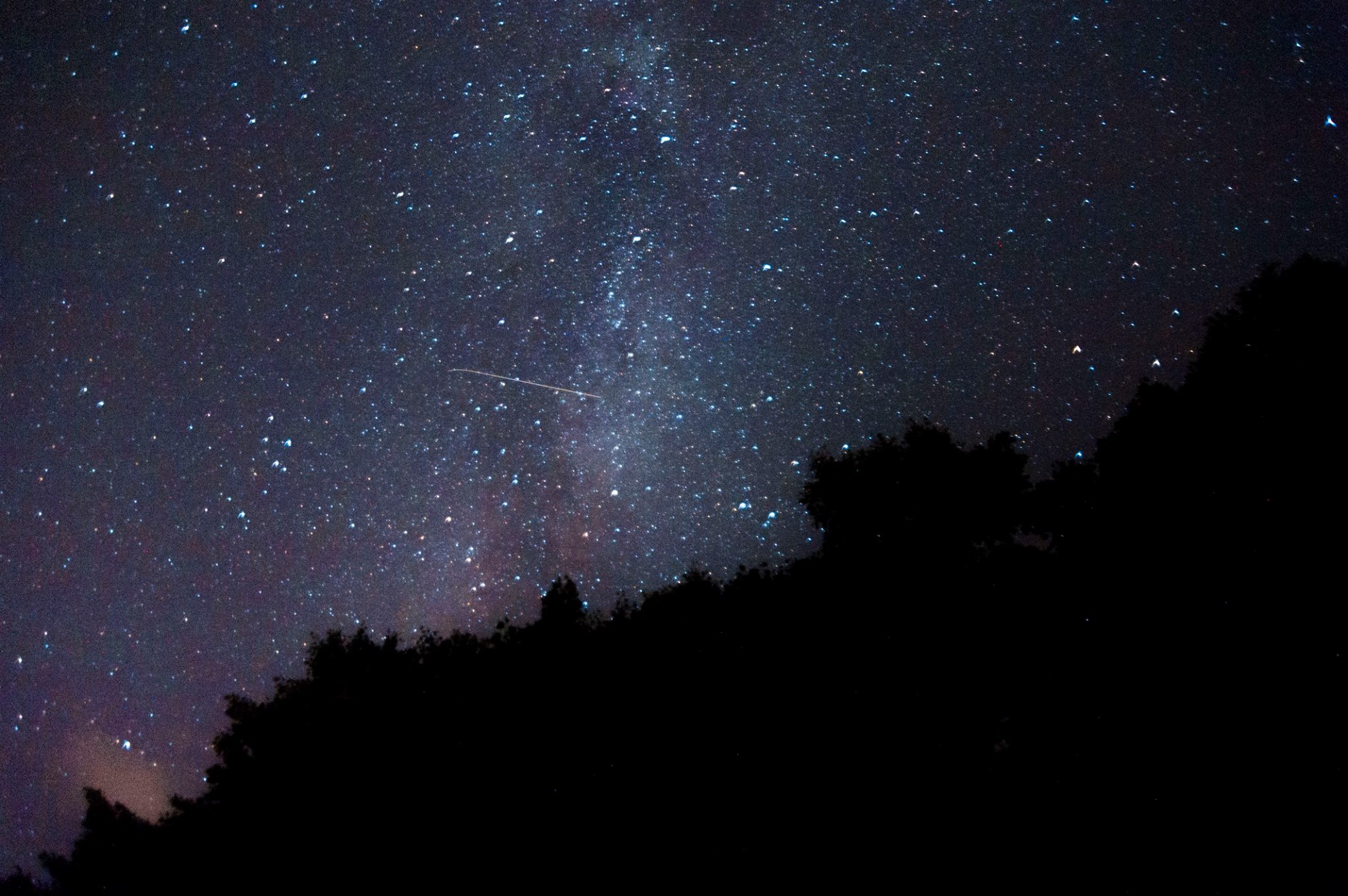You are viewing a single comment's thread from:
RE: Let's Learn Something Cool - Meteor Showers
Hmm... I really didn't know the difference between a meteor and a meteorite. Well, I hope we never get to see a meteorite hit this planet.
Hmm... I really didn't know the difference between a meteor and a meteorite. Well, I hope we never get to see a meteorite hit this planet.
Actually, Earth gets hit very often. Of course these are small size meteorites, and most of it is destroyed in the atmosphere.
I've been to a lecture given by an astronomer who had a job to go to particular Australian desert to search for meteorites - good job isn't it? :D
Cheers!
I think he didn't read this part: the Earth gets "attacked" by meteoroids on a daily basis
Thanks for pointing it out :P
I remembered I got this photo from last year on Letenka, on Fruska Gora mountain in Serbia.

I was on astronomers camp and this photo was focused on a milky way stripe that was clearly visible. But I was happy of that interruption by shooting star that entered in my frame! :)
This is a really beautiful picture!! Thank you for sharing it here!! :D
Meteorites hit the earth, there have been some rare cases of injuries reported too. They are not that dangerous.
You accuse me of not reading, but I read every word.
So it is possible for a meteorite to hit the Earth surface and leave a crater. I hope a large one big enough to create such crater as depicted in the image never fall again.
Anyways, meteoroids are different from Meteorites.
Meteoroids never touch the surface of the earth in an extremely massive form but meteorites can. ;)
Cheers!
Well, from your comment I got that you understood something wrong, because meteorites fall on earth every year, they are just not so common.
Have a great day! And thank you for your time :)
"Meteorites are very big, rocky masses that hit the Earth and leave a crater as a souvenir." - We were all right at the same time, with a small misunderstanding.
Well, I feel obligated to defend honor of us all. So I will try to put it in few lines :)
4)Fireballs are meteors that go into the atmosphere too steep so they burn out and explode with a bang (you can google: Tunguska event)
some small meteorites
image taken from planetbrey.com/meteorite_images/pultuskpeas_thumb.jpg
All the best ;)
@svemirac @ruth-girl thanks for the clarification guys. You guys are amazing. :)